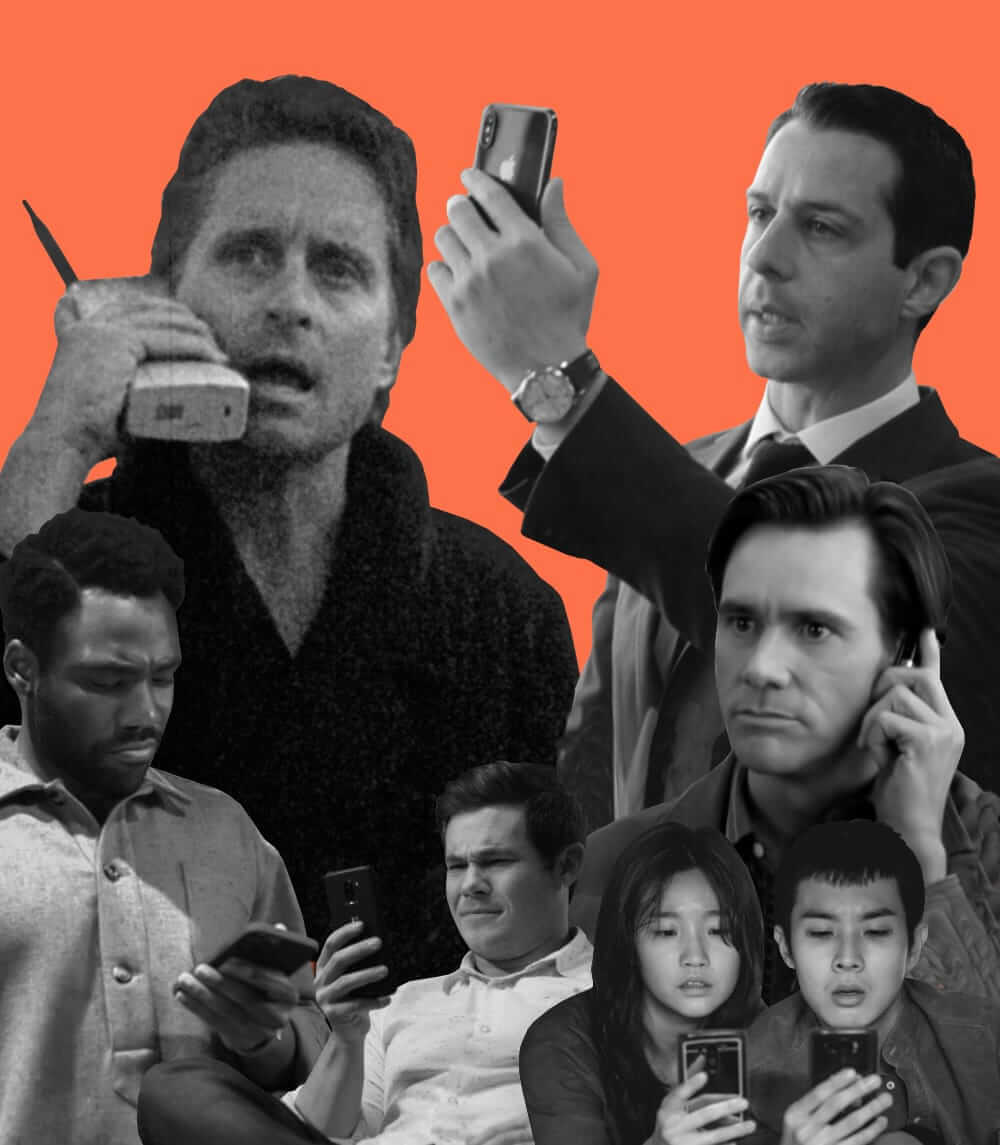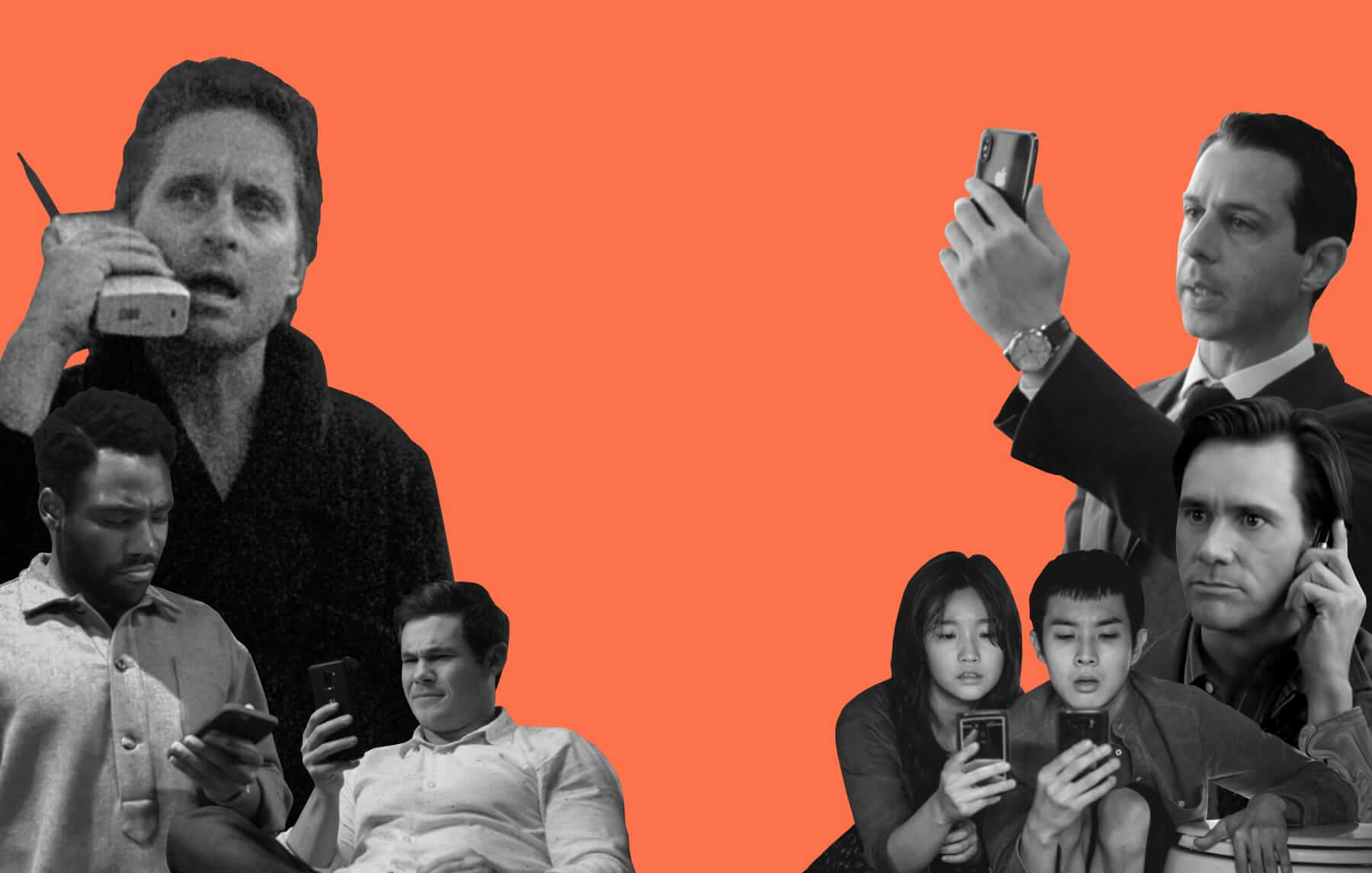As I've healed my relational wounds from the past, I've become better with boundaries, mainly because I've become more and more comfortable being uncomfortable. I've also looked a lot to others who have had a similar journey for inspiration, like entrepreneur Derek Sivers, who not coincidentally, is credited with coining the term “hell yeah or no” and even wrote a book of the same title. Coming across Sivers' bio in the days following my number change was an inspiration. He was crystal clear—almost alarmingly so—about what he felt was worth doing—which shook me, a former people pleaser, to the core. Here was a man with rock solid boundaries!
This one line in particular hit me square between the eyes: “I care deeply about very little. I'm committed to just a few people and a few interests. Everything else, I keep away. Hell Yeah or No. It's a simple and sincere life.”
Want to feel more comfortable in your own skin?
Sean has just launched a newsletter, The Naked Man. It's something of a meeting place at the intersection of his old gig (menswear) and his new one (mental and emotional health), and a venue to dive even deeper into the important questions we've explored here at The Inside Man on a more consistent basis. Why naked? Well, a naked man needs nothing. He's secure in himself, secure in his place in the world. Check it out and subscribe now.
Check it out and subscribe now »
Sivers' words felt revolutionary, even spiritual in the face of our sped-up tech-driven lives. We are constantly tempted to go shallow on eight thousand things—from social media to Wikipedia—and deep on practically none, even as we suffer for it. And I realized I now had the vision for how I wanted to re-engage with the world after my number change. This was the clarity I longed for in my life, but never had the balls to manifest.
Armed with inspiration from Sivers, I pulled a straight up Marie Kondo on my contacts list in the coming days: every morning, I sat with a name I was preparing to text out my new number to, and listened deeply for how that person felt in my body. If saying that person's name out loud made me feel open and expansive, I knew they stayed. (To borrow a phrase from Kondo, they “sparked joy”). But if feeling a name roll off my tongue caused me to shrink up inside, I knew it was probably time to let them go.
This part wasn't easy for me. Even though I knew I wasn't doing anyone any favors by lying to them about my interest level (“Let's catch up soon!”), cutting off a relationship with a friend or acquaintance felt cold and unreasonable, especially when there was no other explanation than: “I'm not feeling invested in this relationship anymore”. In the end, the exercise showed me how much I'd grown from my doormat days. I saw that I would rather be alone than surrounded by the people and associations that didn't resonate.






























